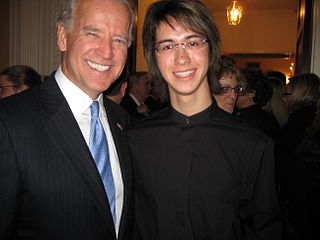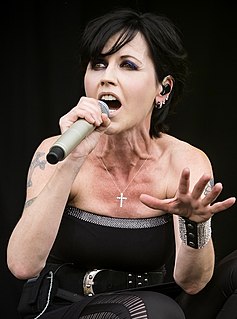A Quote by Elizabeth Berg
With 'Durable Goods,' I meant only to write about being an army brat. What emerged was a story about compassion - the need for it, the expression of it.
Related Quotes
I don't buy into the idea that an Irish writer should write about Ireland, or a gay writer should write about being gay. But when I found the right story, I saw it as an opportunity to write about being a teenager and being gay. Most people, whether you're gay or straight or whatever, have experienced that relationship where one person is much more interested than the other.
Heaven knows how to put a proper price upon its goods. It would be strange indeed if so celestial an article as Freedom should not be highly rated. Britain, with an army to enforce her tyranny, has declared that she has a right (not only to tax) but "to bind us in all cases whatsoever," and if being bound in that manner, is not slavery, then is there not such a thing as slavery upon earth. Even the expression is impious, for so unlimited a power can belong only to God.
I think the underlying purpose is expression. It's not about technique, it's not about hitting the right note, writing the perfect prose, having the perfect brushstroke. It's about expression of oneself, the things around you, and the emotions. I think expression is the one word that I would use, whether it's for sorrow, tragedy, joy, or even the need to express and be heard.
I write about the power of trying, because I want to be okay with failing. I write about generosity because I battle selfishness. I write about joy because I know sorrow. I write about faith because I almost lost mine, and I know what it is to be broken and in need of redemption. I write about gratitude because I am thankful - for all of it.
When I was a kid, I'd go to the African-American section in the bookstore, and I'd try and find African-American people I hadn't read before. So in that sense the category was useful to me. But it's not useful to me as I write. I don't sit down to write an African-American zombie story or an African-American story about elevators. I'm writing a story about elevators which happens to talk about race in different ways. Or I'm writing a zombie novel which doesn't have that much to do with being black in America. That novel is really about survival.





































